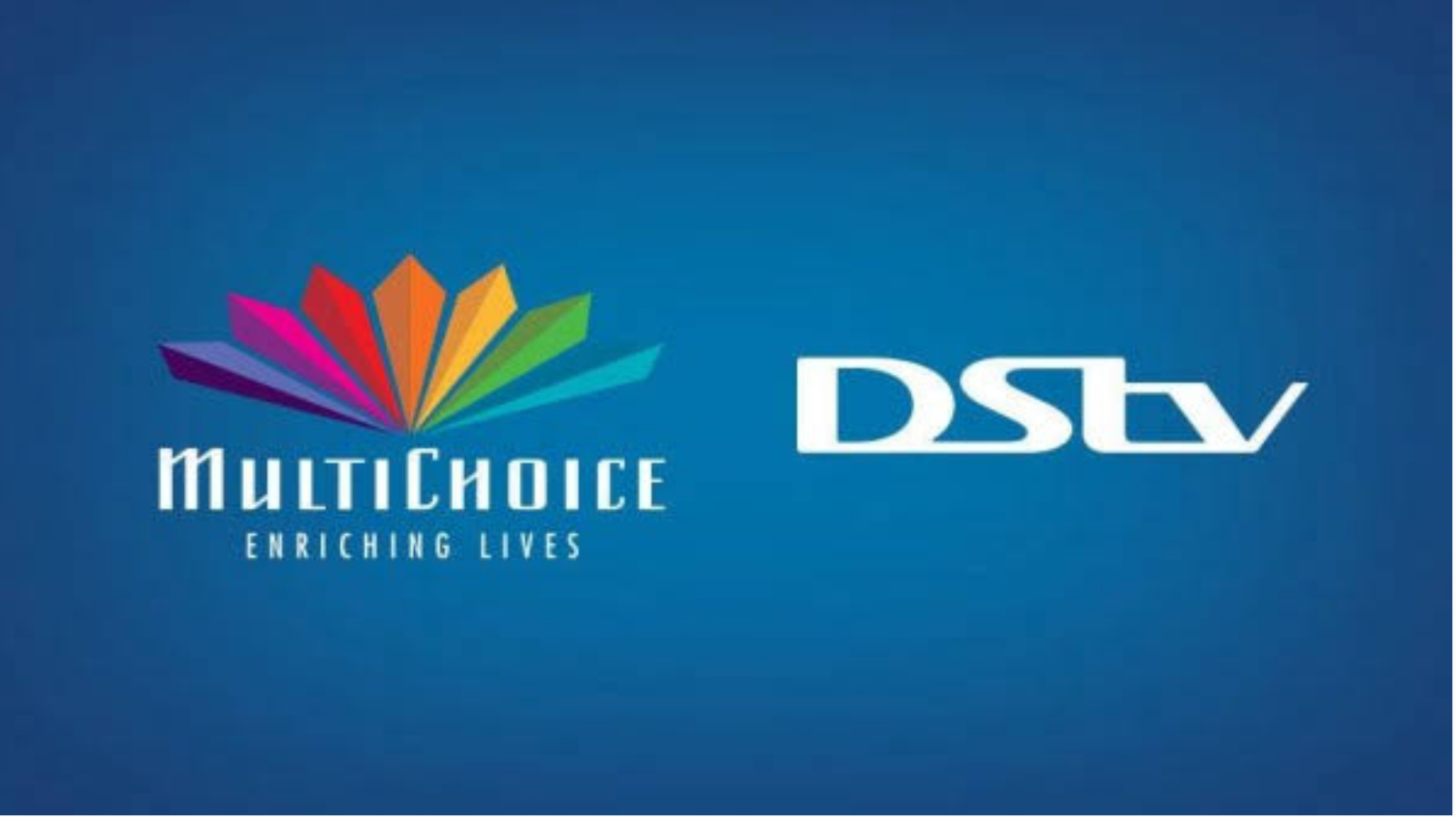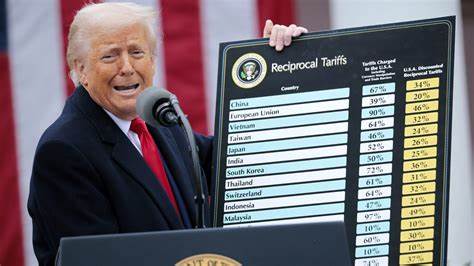MultiChoice, the parent company of DSTV and GoTV, reports the cable firm’s highest revenue growth for FY 2022 among its markets, excluding South Africa, was recorded in Nigeria.
In its breakdown of earnings from the Rest of Africa (RoA), MultiChoice subscription growth in Nigeria rose 11% year-on-year, with subscription revenue rising by 43% in FY 2022, confirming that the country outperformed its other subscription markets.
Join our WhatsApp ChannelIn general, the company generated $697.8 million in the first quarter this year, rising 0.4% year-on-year, while the Rest of Africa recorded $81.3 million during the same period.
READ ALSO: Multichoice, DSTV Directors Risk Jail Term, Firm Fined, Amid Price Hike Lawsuit
Comparing Nigeria’s growth to the Rest of Africa, Kenya market saw a -4% drop in subscription growth year-on-year, with subscription revenue rising 9%. Zambia reported 3% decline in subscription growth, while its subscription revenues rose 7%.
In the Angolan market, subscription growth and subscription revenue grew 1% and 5% respectively during the period under review.
This comes as the company resumes full production and release of contents after COVID-19 and global lockdown disrupted operation in 2020 and slowed recovery the year after.
Speaking on the earnings of the company, the Chief Executive Officer of MultiChoice Group, Calvo Mawela, said, “Reduced losses in the Rest of Africa (RoA), a rebound in advertising revenues and a continued focus on cost containment enabled us to absorb the R1.1bn ($74.5 million) impact of a normalisation in content costs as live sport returned and we resumed our local content production post the COVID-19 lockdowns.”
The company further stated, “The Rest of Africa business, which benefited from the popularity of local content such as Big Brother Naija and live sporting events, grew its 90-day active subscriber base by 0.9m subscribers to 12.8m.
“While revenue of ZAR17.9bn reflects a strong 14% organic increase, it is only 4% higher than the prior year due to the impact of translating Rest of Africa’s USD revenues at a stronger ZAR for reporting purposes.”


















Follow Us